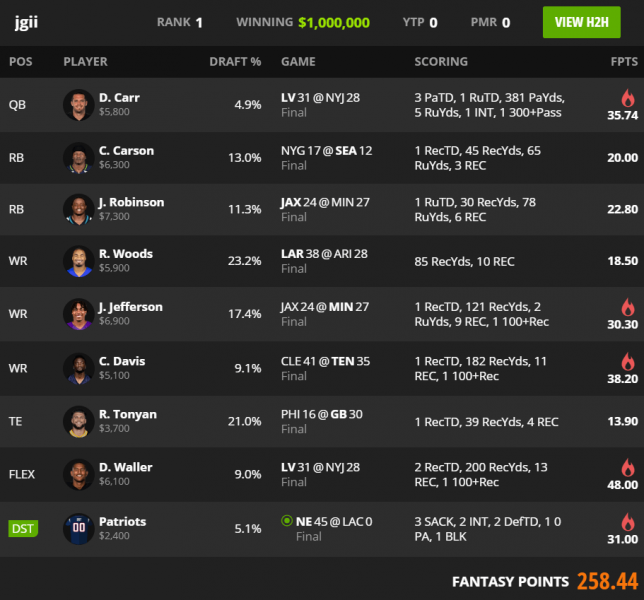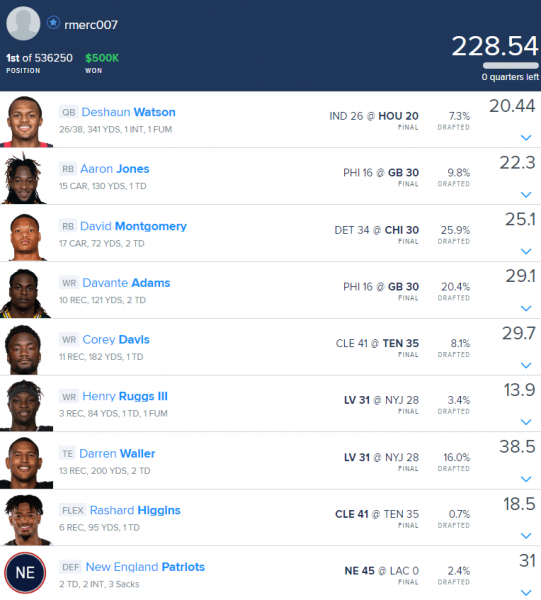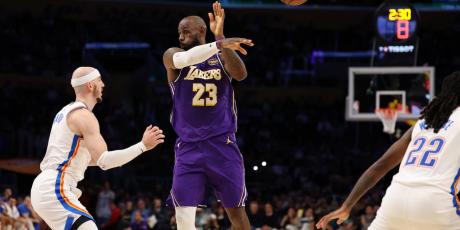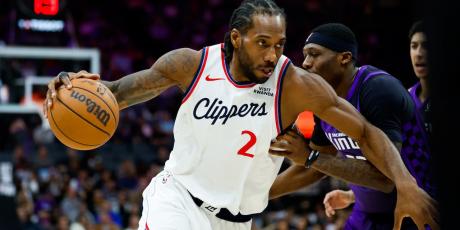TJ's #Taek: Week 13 NFL DFS Recap

Week 13’s winning lineups from the biggest contests on FanDuel and DraftKings can be used to tease out lineup-building strategies and offer clues on how you could have landed on a similar team. Reviewing your hits and misses each week is imperative if you want to be a profitable DFS player but examining winning lineups is also a useful exercise in cultivating a winning approach.
DraftKings Week 13 Millionaire Winning Lineup

This week’s winner was especially unique for two reasons. The most obvious is that it used a tight end in the flex, the first winner to do so since Week 2 and just the second such occurrence in a winning lineup over the last two seasons. Tight ends rarely offer the upside of a running back or wide receiver but when it does hit, it is sure to be an unpopular lineup build.
A closer examination of this roster will reveal that jgii left $500 of salary on the table. Only one other Millionaire winner this season has used less than $49,900. No other winning lineups have left more than $200 of salary available. In large-field main slate tournaments, there isn’t much evidence that leaving more than a couple hundred dollars of salary on the table is a profitable long-term strategy to differentiate a lineup other than that we see one or two winners pop up such as this one each season. In 2010, just one Millionaire winner used less than $48,000 of salary.
What Were the Indicators for the Low-Owned Plays?
This lineup was unique mostly because of the roster strategies mentioned above. The 12.7% average ownership was right around the overall season average for winners. There weren’t any especially unique plays but this lineup also avoided most of the uber-chalk plays.
Derek Carr was a leverage play off of Devontae Booker, who was expected to draw high ownership as the starter in place of Josh Jacobs. While Las Vegas is a run-first offense, the Jets have been especially bad at defending the pass this season.
With Jonnu Smith out, Corey Davis had a chance to see his target share expand in a game that was as likely to shoot out as any on the slate. Davis was already the clear number two in Tennessee with a quarter of the targets since Week 7, and the Titans’ passing game was a leverage play off of Derrick Henry, who was in 20% of lineups.
FanDuel Week 13 Sunday Million Winning Lineup

This was the first time in 2020 a Sunday Million winner implemented a “naked” quarterback strategy but there was still plenty of correlation in this lineup with three separate mini-stacks. Over half of this year’s Sunday Million winners have had at least six players with some correlation to another player in their lineup and every winner has used at least four such players.
Henry Ruggs was similar to Carr on DraftKings as leverage off of Booker but rmerc007 cornered most of the Raiders’ passing attack by rostering two pass-catchers together. The logic was similar by pairing Rashard Higgins with Corey Davis. Higgins offered big-play appeal on FanDuel as his air yards share over the last month nearly matched that of Jarvis Landry, despite Landry seeing nearly twice as many targets.
TJ’s Final #Taek
It was an especially interesting week in that winners on both FanDuel and DraftKings used strategies to build unique lineups beyond just looking for low-owned players. This is an important lesson to keep in mind when reading this column and, more importantly, building tournament lineups. The trends we see in DFS help us set up parameters that are profitable in the long term, however, there is no one-size-fits-all approach to building lineups, especially in tournaments.
Besides looking for low-owned players or leverage and pivot plays, here are some things to think about when trying to think outside the box when making lineups:
- Stacking - The basic principles of stacking in GPPs are elementary to most DFS players at this point but it’s still easy to get caught in a rut. Mobile passers without a clear number one wide receiver can sometimes—albeit rarely—be used without a pass-catcher. Every quarterback stack doesn’t need to have a run-it-back play on the other team. How many players you stack in a lineup should change based on game conditions. This is a great chance to get creative.
- Winning the flex - I went into this in the Week 11 recap, but this is a good spot to be unique, especially if you have an excellent understanding of the slate or overall trends. Certain slates and salaries will naturally push rosters towards a specific lineup build at the flex, especially on FanDuel where the running back tends to dominate. Sharp GPP players have caught on to that trend, though, and exploited it in GPPs. Six of the 13 Sunday Million winners have used a non-RB in the flex this season—that number was just five all of last season and just two in 2018. An occasional tight end in the flex has proven to work but use this strategy sparingly—at the very least, thinking about a tight end might get you to a player in a unique salary tier at another position.
- Salary allocation - As mentioned with this week’s Millionaire winner, leaving excessive amounts of salary unused is usually going to be suboptimal. Using 100% of salary for every lineup could be a leak as well. Especially for players who play mass multi-entry, saving a few lineups to leave more salary than usual might add an extra layer of uniqueness to your GPP portfolio.
- Salary distribution - This concept pertains to player-specific salary rather than overall salary but the concept is quite simple. If there might be a popular lineup build, look for ways to make rosters that are contrary to the masses. One of the most common occurrences of this is when there are “free squares”. This often results in an overwhelming number of lineups implementing a stars-and-scrubs approach to making rosters. In those weeks, look for lineup combinations with a lot of players in the middle salary tier. On other weeks, expensive players at one position might dominate a slate, say top-end running backs. Avoiding a salary tier altogether for one position in a couple of lineups will result in a unique build.
There are countless other ways to think outside the box but successful GPP players should go beyond player evaluation and strongly consider what their opponents will be doing each week.






















